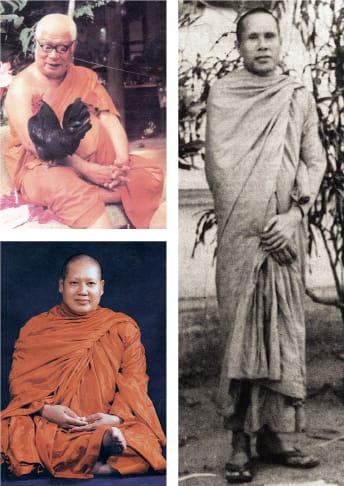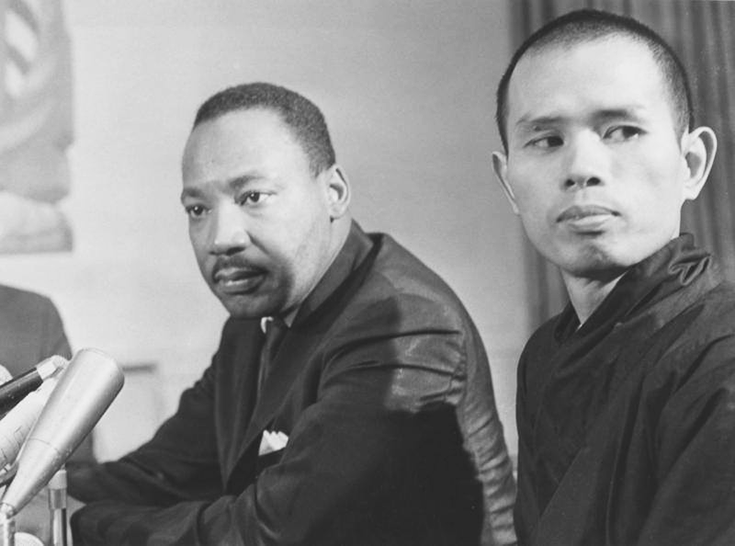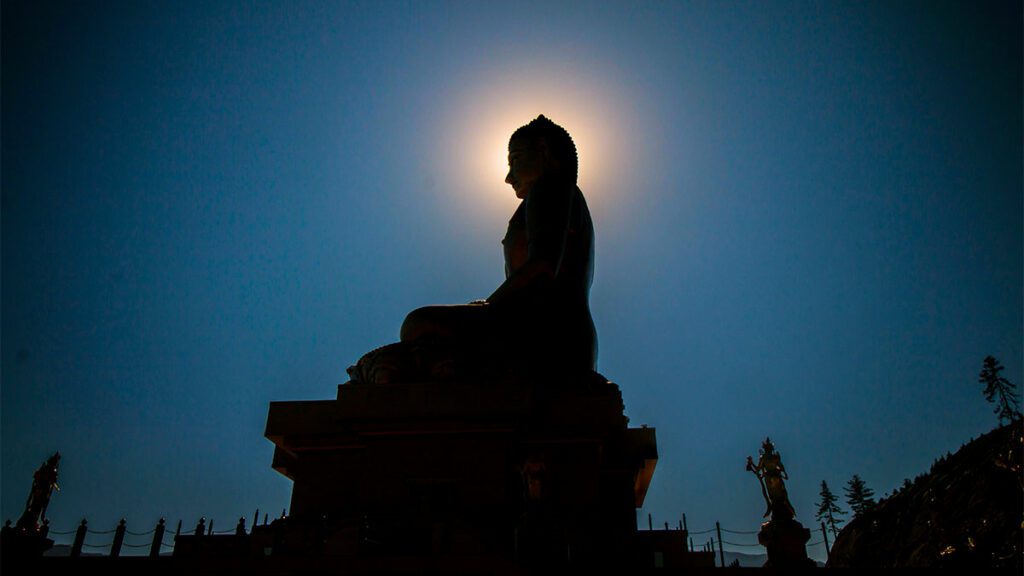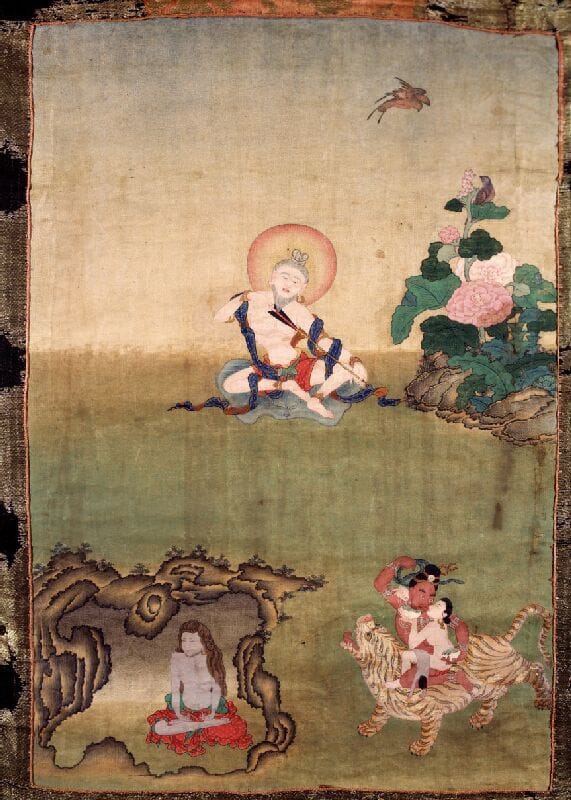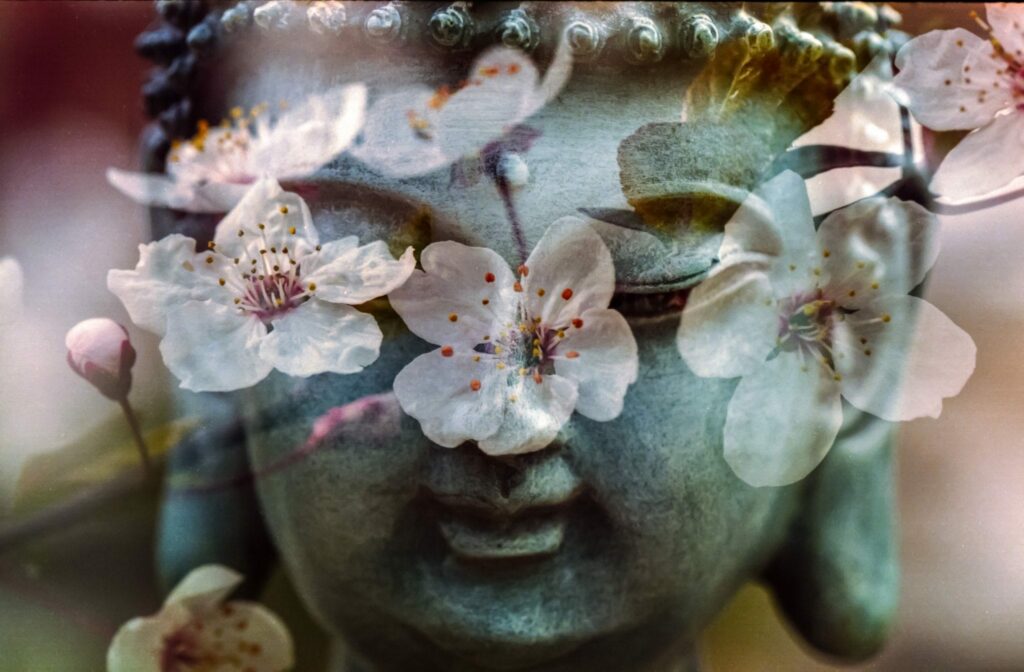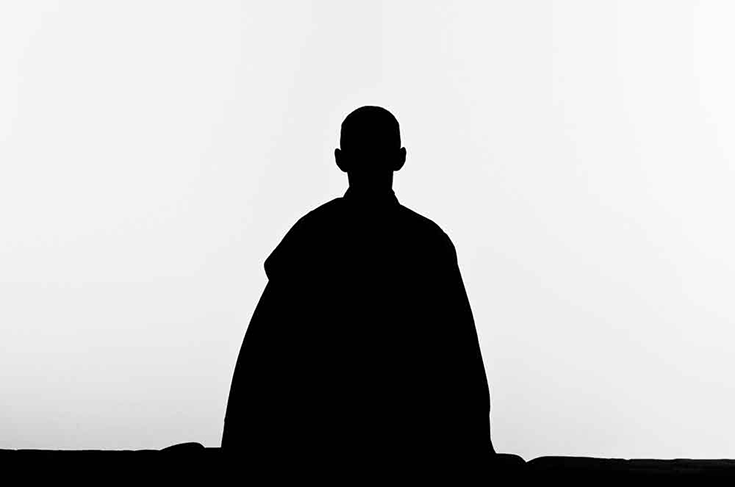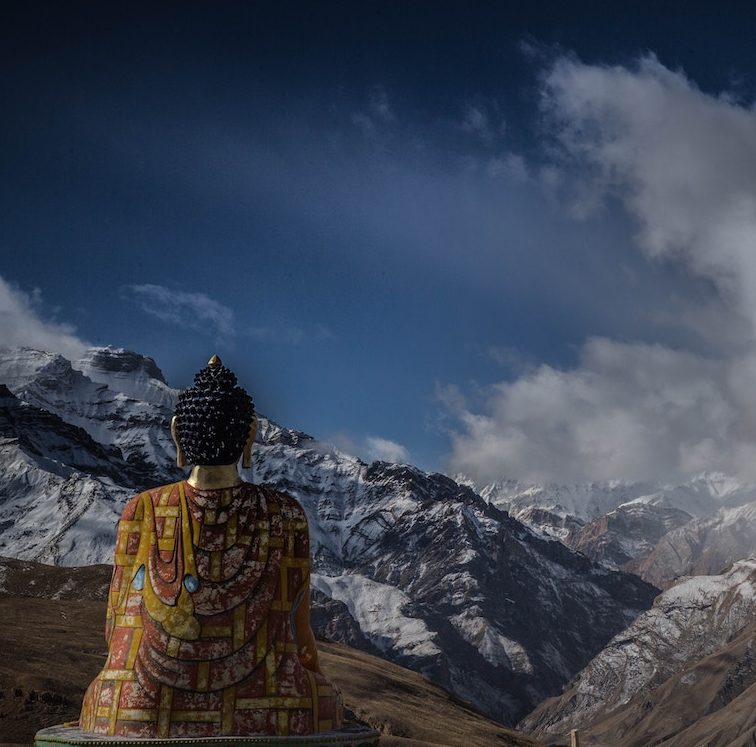Archives: LR Articles
Politics of a Still Mind
Perry Garfinkel offers an appreciation of the deep personal realization behind Thich Nhat Hanh's philosophy of Engaged Buddhism.
Meeting the Chinese in St. Paul: Rhino Hits the Midwest
A season devoted to the koans of the ancient Chinese Masters gave Natalie Goldberg a taste for the stripped-down, naked truth of things.
Grandmother Mind
Parents must attend to the nuts and bolts of their children’s care. But grandmothers, says Susan Moon, can pay attention to the continuity of everything in the background—water, air, stories, and love.
This Silence is Called Great Joy: A Teaching by Thich Nhat Hanh
A teaching by Thich Nhat Hanh on the truth beyond our usual truths.
Doing the Buddha’s Practice
Mindfulness/awareness was the meditation the Buddha practiced and taught—it was his basic prescription for human suffering.
Rest in the Sky of Natural Mind
The tantric path of Buddhism is complex and arduous, but its surprising culmination is the practice of spaciousness, ease, and simplicity.
Mind Is Empty and Lucid, Its Nature Is Great Bliss
The Tibetan teacher Khenchen Thrangu Rinpoche offers instruction on key verses from one of the Mahamudra’s seminal texts.
The Hidden Treasure of the Heart
The key to the treasure of unconditional compassion, says Aura Glaser, is the three-step practice of equanimity.
Meeting Pain with Awareness
Does awareness suffer? How we can meet our pain with openness, strength, and clarity, and our relationship to it is transformed.
Sudden Awakening
Sudden awakening can come gradually, almost imperceptibly, or in a sudden, life-altering flash. When will it happen to you and what—donkey, broom, or morning star—will trigger it?
Reality Isn’t What You Think
Contemplative practice, says Andy Karr, is a good way to analyze whether things are as solid, separate, and lasting as we think they are.
The Pilgrim’s Progress
Joseph Szostak reports from India on the history of Buddhist pilgrimage and the challenges and benefits of this ancient practice.
